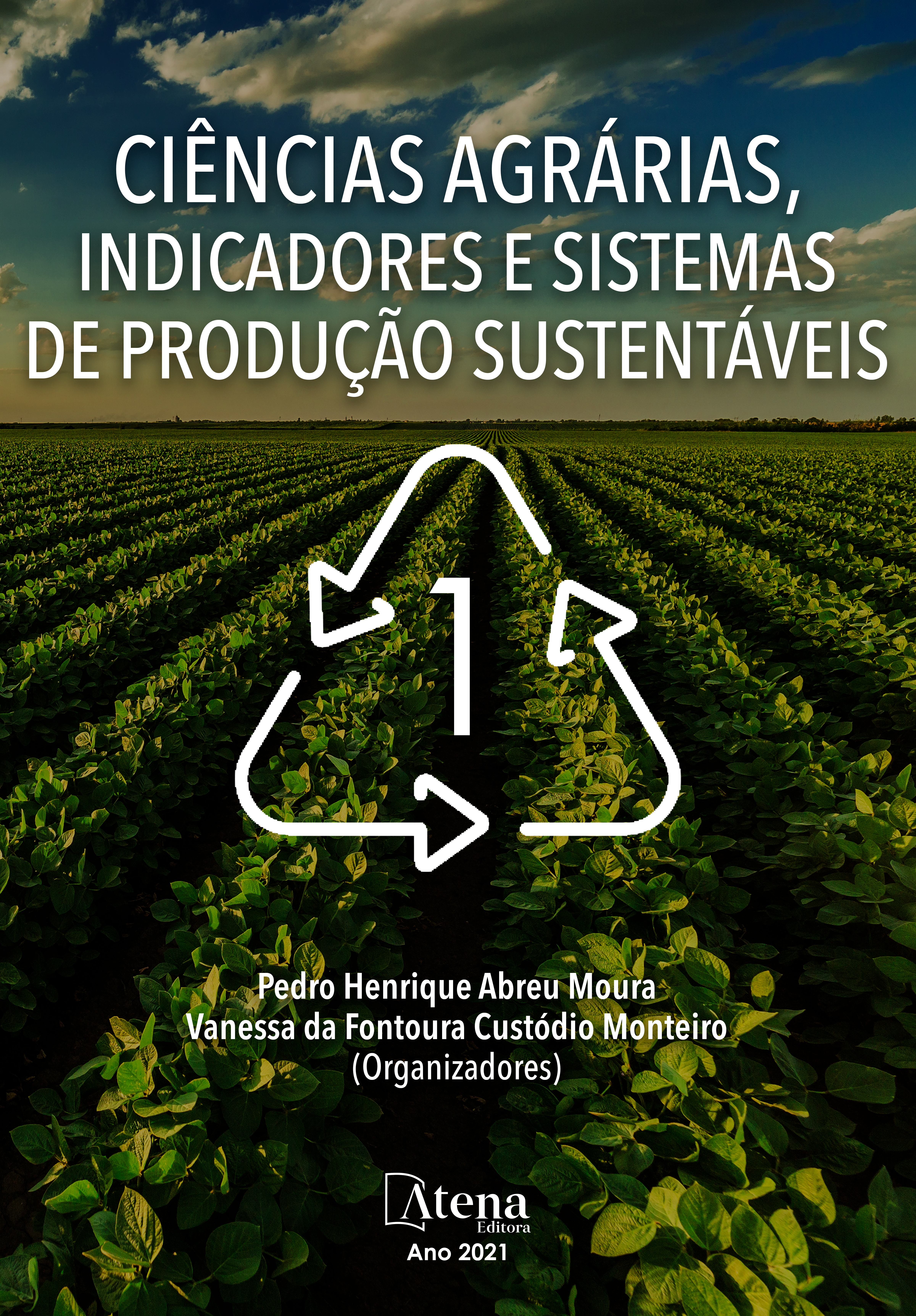
CAPACITACIÓN EN AGROECOLOGÍA. UN ESPACIO PARTICIPATIVO Y REFLEXIVO EN LA CARRERA DE GRADO DE LA FACULTAD DE CIENCIAS AGRARIAS DE LA UNIVERSIDAD NACIONAL DE ROSARIO.
El modelo de agricultura actual en la Región Pampeana Argentina, centrado en el monocultivo de soja con elevada dependencia de insumos externos, es el motor del deterioro de los recursos naturales. Es necesario formar estudiantes para diseñar agroecosistemas sustentables con manejo agroecológico desde una óptica holística y sistémica. Esto implica un cambio de pensamiento teórico-metodológico en el ámbito académico y en el sistema científico-técnico que vaya desde el paradigma dominante productivista hacia otro de racionalidad ambiental y cambios en las estrategias de enseñanza aprendizaje. Esto motivó al Taller de Integración I de la Facultad de Ciencias Agrarias de la Universidad Nacional de Rosario, la implementación con la aprobación del Consejo Directivo, del Curso Electivo denominado “Agroecología: herramientas conceptuales y metodológicas para el análisis y diseño de los agroecosistemas”, dirigido a estudiantes de las carreras de Ingeniería Agronómica y Licenciatura en Recursos Naturales, desde 2011 hasta 2019 en forma presencial. El objetivo fue favorecer la formación de los estudiantes, futuros profesionales, en el aprendizaje de conocimientos socialmente significativos y actitudes éticas frente a problemáticas agronómicas y ambientales reales complejas y en el manejo agroecológico de los agroecosistemas pampeanos y extra-pampeanos.
La metodología se basó en el enfoque participativo-cualitativo, aplicando técnicas de talleres de reflexión, análisis, evaluación y diseño de agroecosistemas; estrategia de estudio de caso y trabajo de campo, en interacción con los agricultores. Los sistemas de producción fueron seleccionados como casos de aprendizaje porque están en transición o con un manejo totalmente agroecológico, como formas de producción y de vida.
Esto contribuyó significativamente con la apropiación y construcción de conocimientos a través de un proceso interactivo entre estudiantes, docentes y agricultores, lo cual impacta en la formación de patrones culturales de los estudiantes y en el desarrollo de habilidades en el área personal social, sistémica y de liderazgo y aprendizaje.
CAPACITACIÓN EN AGROECOLOGÍA. UN ESPACIO PARTICIPATIVO Y REFLEXIVO EN LA CARRERA DE GRADO DE LA FACULTAD DE CIENCIAS AGRARIAS DE LA UNIVERSIDAD NACIONAL DE ROSARIO.
-
DOI: 10.22533/at.ed.0072129113
-
Palavras-chave: Agroecología - Capacitación – Participación - Carrera Agronomía
-
Keywords: Agroecology - Training - Participation - Agronomy Career
-
Abstract:
The current agriculture model in the Pampeana Region of Argentina, centered on soybean monoculture with high dependence on external inputs, is the engine of the deterioration of natural resources. It is necessary to train students to design sustainable agroecosystems with agroecological management from a holistic and systemic perspective. This implies a change of theoretical-methodological thinking in the academic field and in the scientific-technical system that goes from the dominant productivist paradigm to another of environmental rationality and changes in teaching learning strategies. This motivated the Integration Workshop Subjet I of the Faculty of Agrarian Sciences of the National University of Rosario, the implementation with the approval of the Ejecutive Committee, of the Elective Course called "Agroecology: conceptual and methodological tools for the analysis and design of agroecosystems", aimed at students of Agronomic Engineering and Bachelor’s degree in Natural Resources, from 2011 to 2019. The objective was to promote the training of students, future professionals, in the learning of socially significant knowledge and ethical attitudes to real complex agronomic and environmental problems and in the agroecological management of the pampas and extra-pampas agroecosystems.
The methodology was based on the participatory-qualitative approach, applying workshops techniques of reflection, analysis, evaluation and design of agroecosystems; case study strategy and field work, in interaction with farmers. The production systems were selected as learning cases because they are in transition or with a totally agroecological management, as forms of production and life.
This contributed sifnificantly to the appropriation and construction of knowledge through an interactive process between students, teachers and farmers, which impacts on the formation of cultural patterns of students and the development of skills in the personal social area, in the systemic area and in leadership and learning. -
Número de páginas: 13
- Silvia Cechetti
- Marcelo Larripa
- Claudia Torres
- Marcelo Milo Vaccaro


